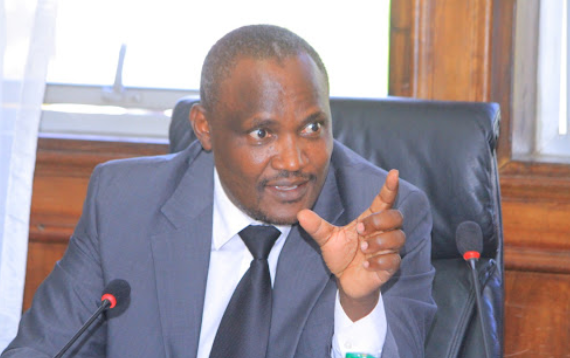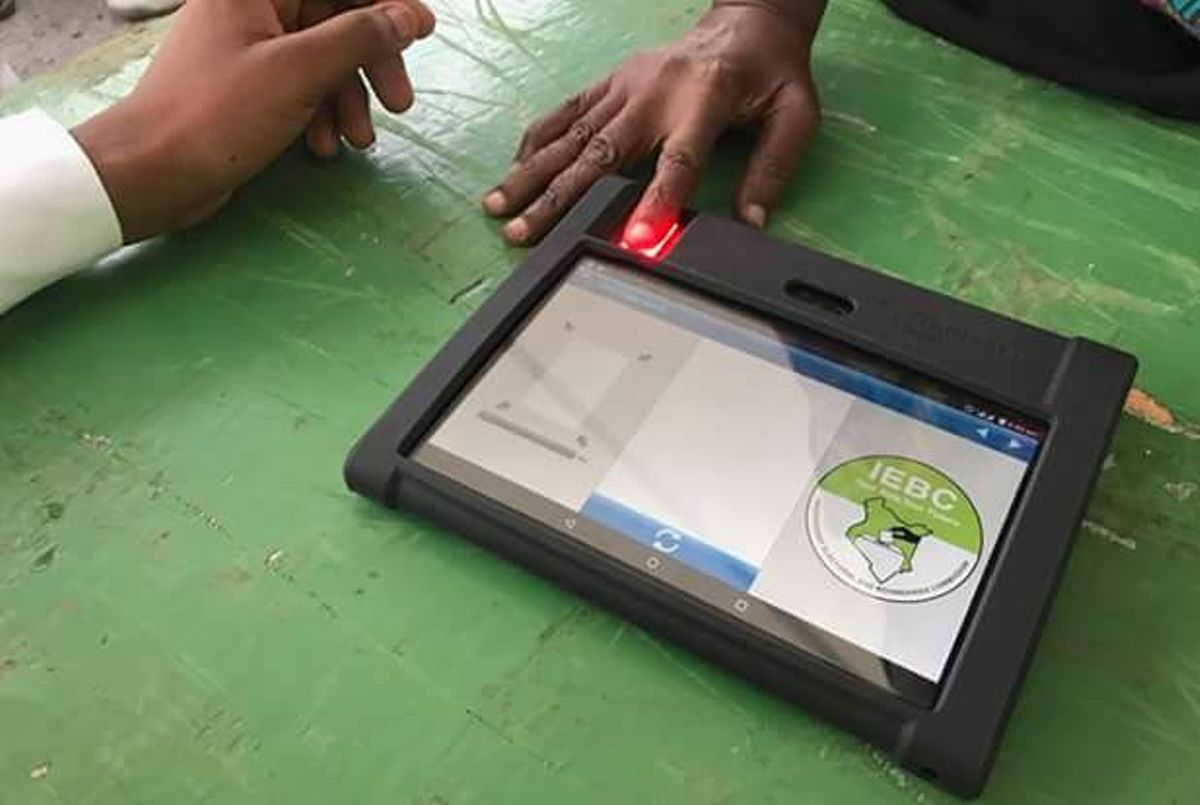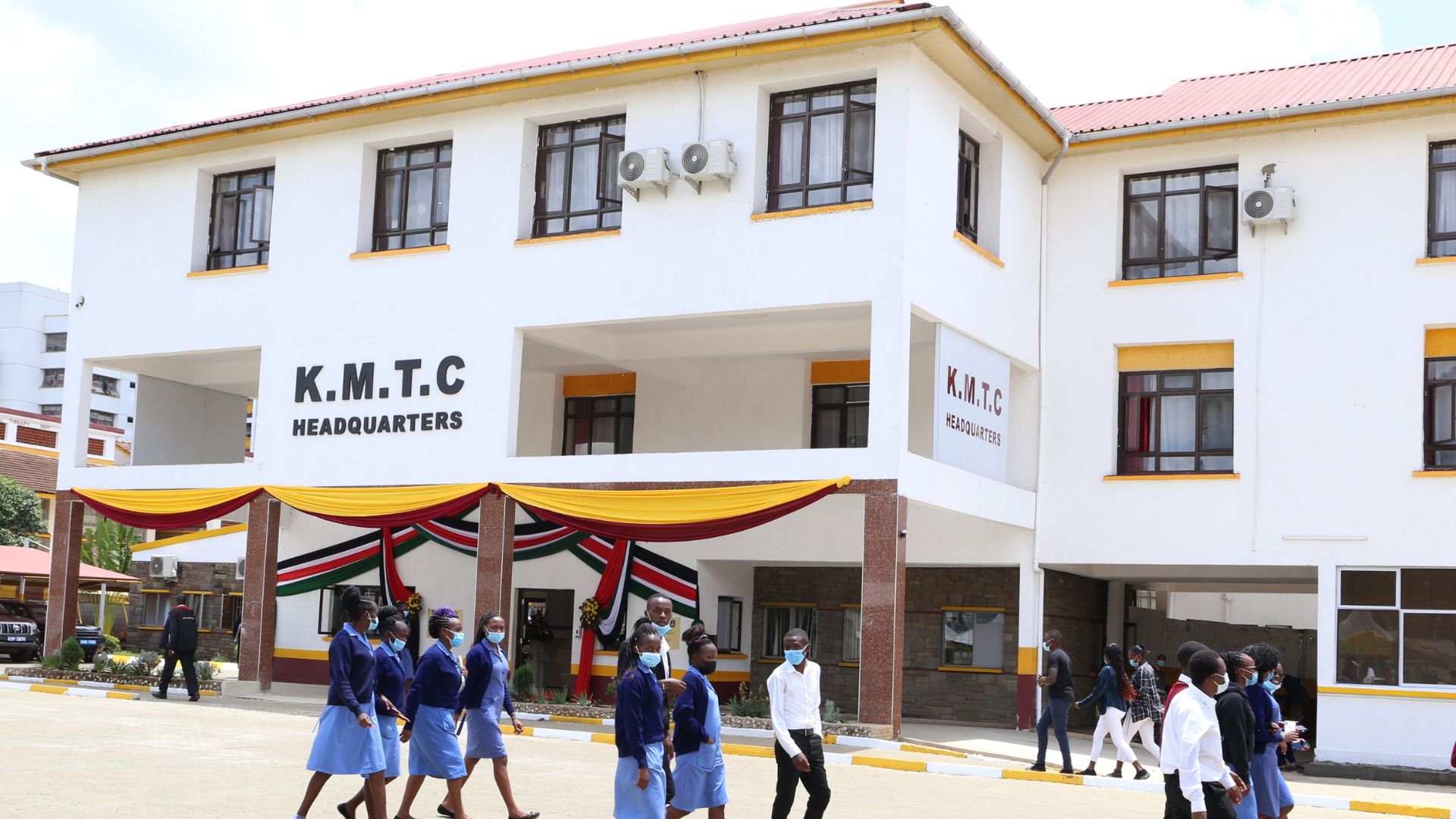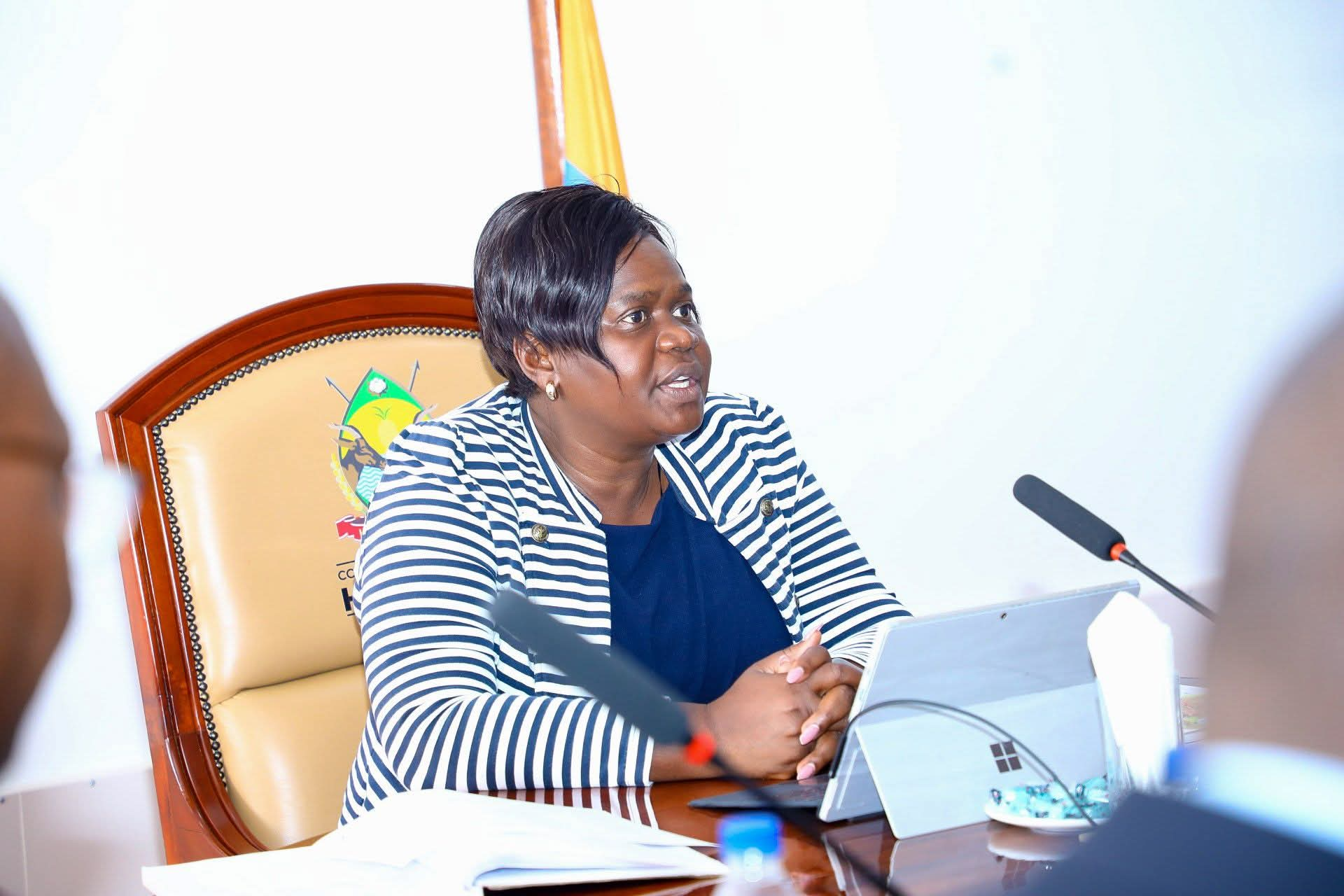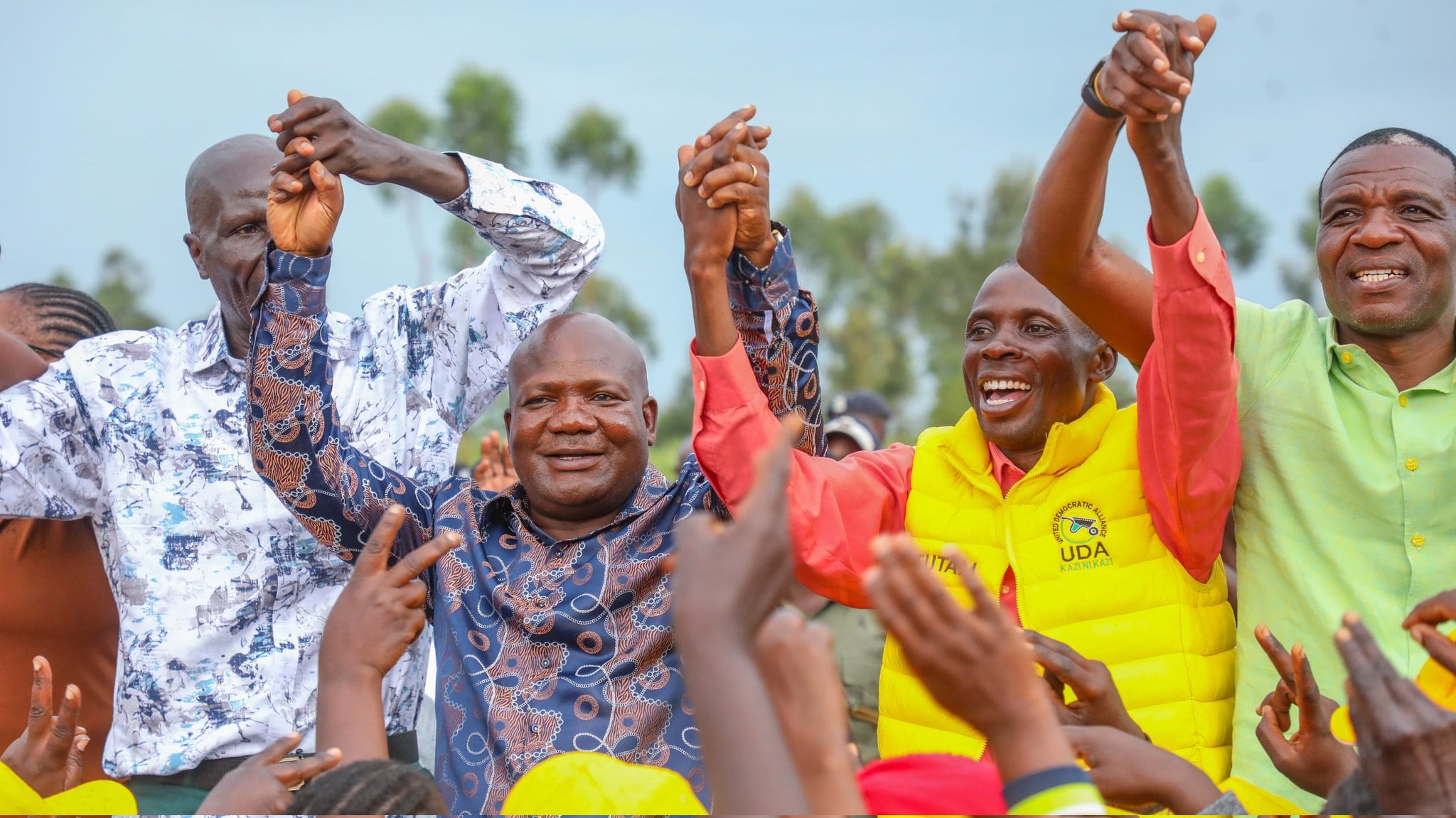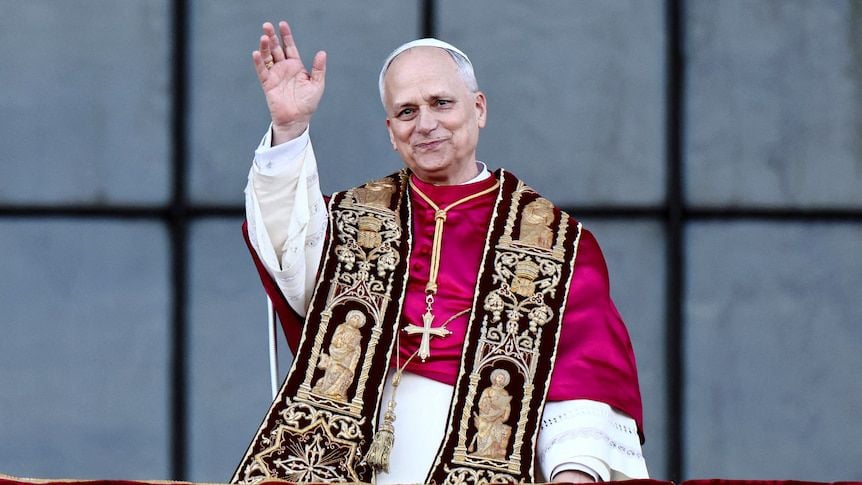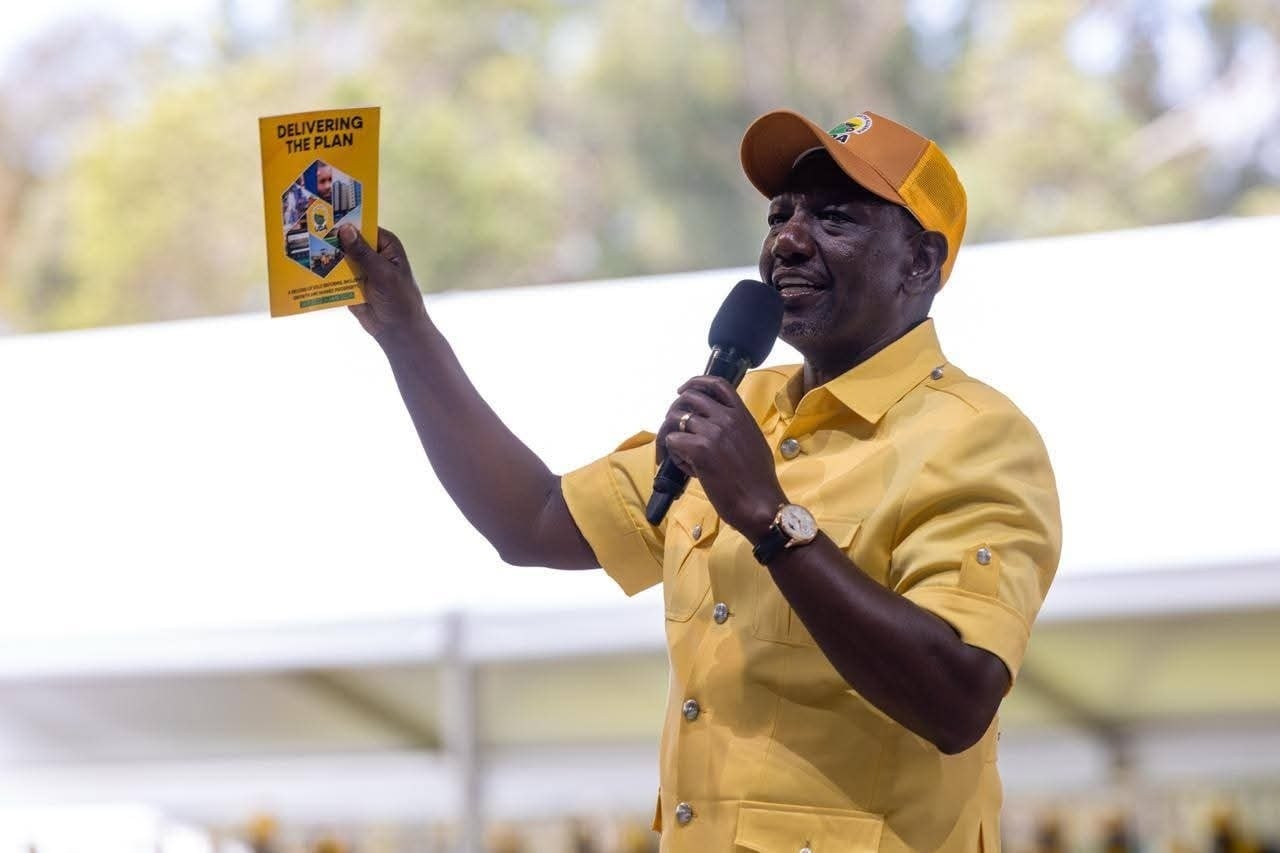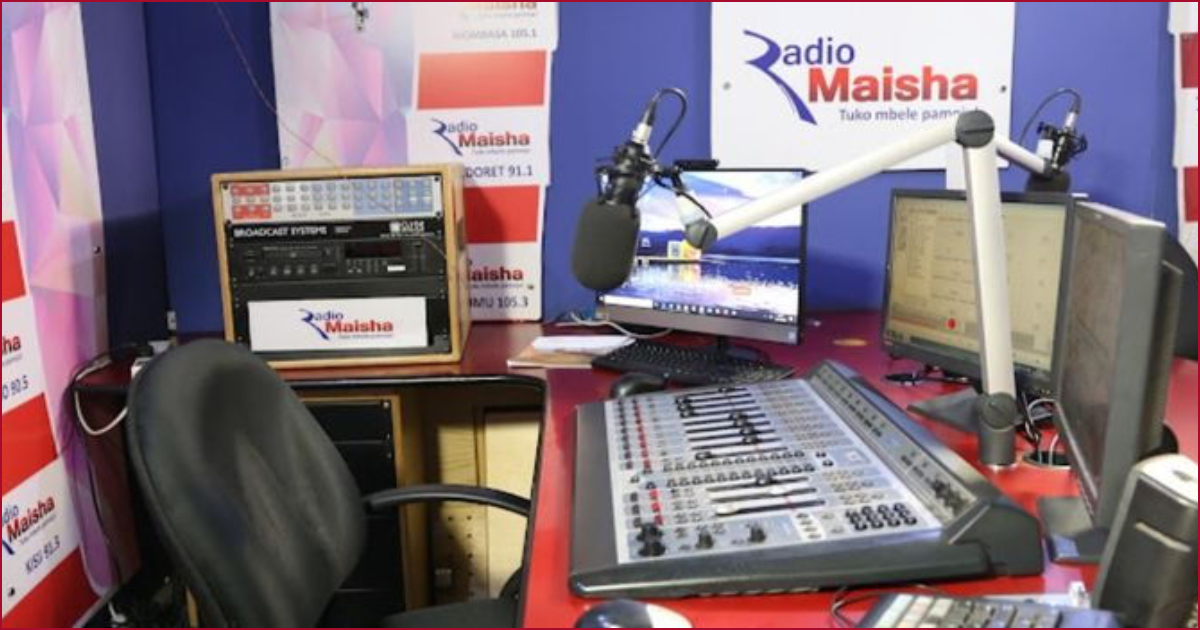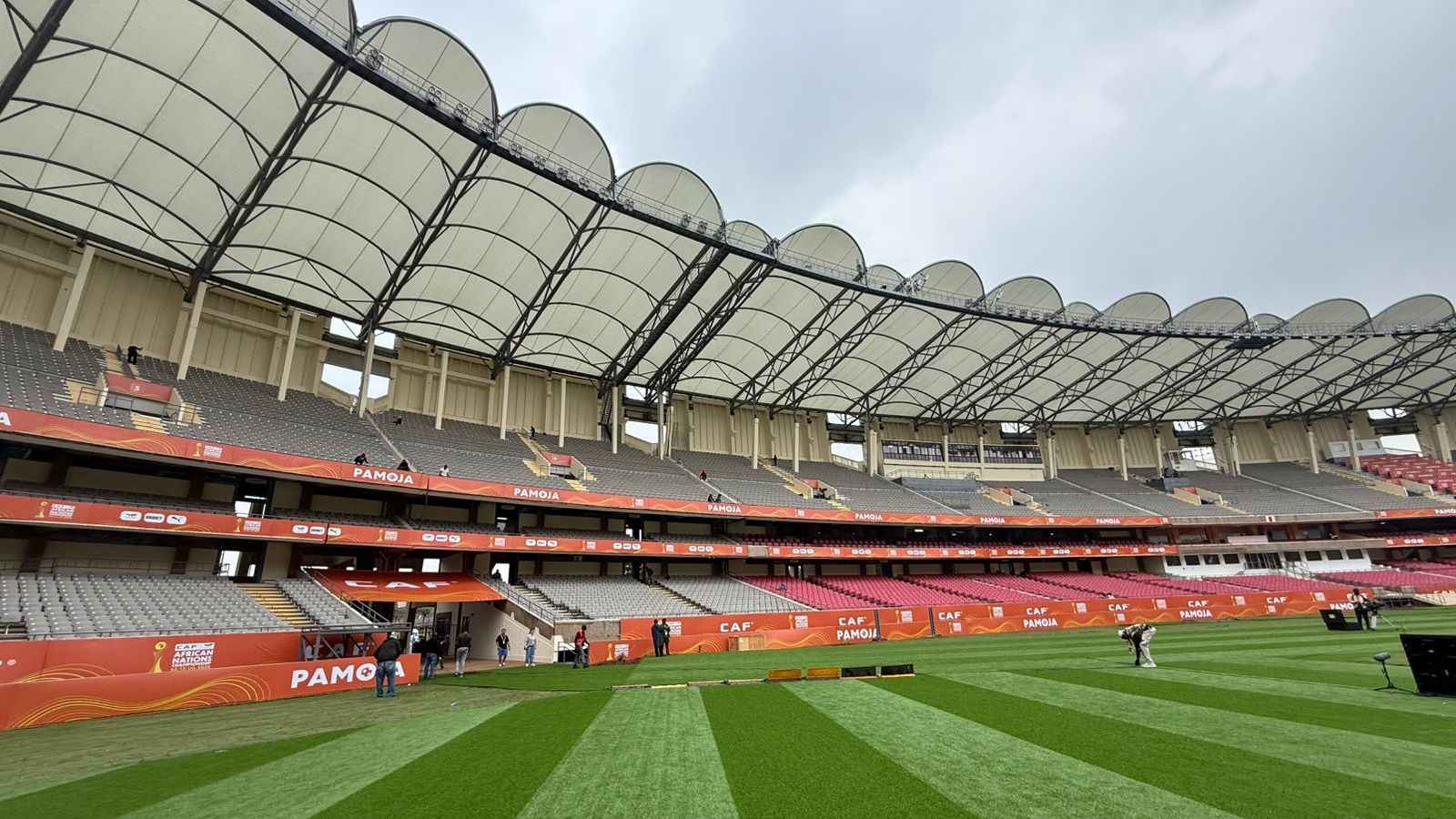Treasury Cabinet Secretary John Mbadi has explained the various levy affecting fuel prices following uproar over the recent hike.
Speaking during an address on Wednesday, July 16, Mbadi noted that the currently disputed Road Maintenance Levy Fund (RMLF) has remained unchanged and continues to serve its original purpose.
"That Ksh 18 has not been touched by the government because we know it is being used to maintain our roads," Mbadi stated.
However, he clarified that the additional Ksh 7 introduced to the levy was repurposed to address pressing issues in the infrastructure sector, specifically to settle debts owed to road contractors.
“We had a choice to continue misusing this additional 7 shillings, putting it on maram roads across the country, which we don't even see value for after some time, or use it to get the road contractors back on the road. And that is the route we took,” he noted.
Read More
The CS explained that contractors had downed their tools due to pending bills amounting to Ksh130 billion.
Mbadi defended the move, terming it a practical solution to revive stalled infrastructure projects without overstretching the fiscal budget.
“If you use even half of that money this financial year and add it to our normal budget of about Ksh57 billion, you’ll have over Ksh120 billion. You will pay all the certificates for the whole financial year,” he asserted.
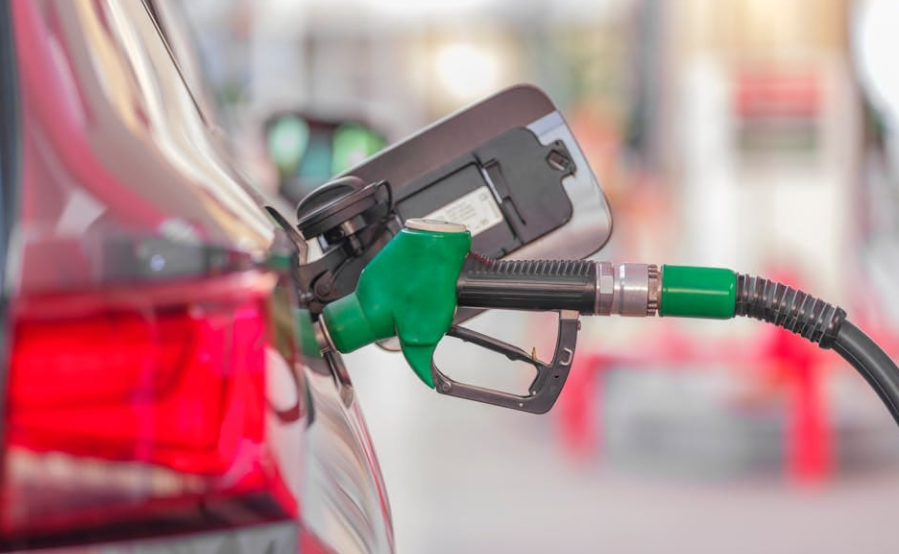
Dismissing claims that the securitisation of the levy was secretive or unconstitutional, Mbadi affirmed that the process was above board.
“There is nothing, nothing at all secret about securitisation. Everybody knows it,” he said. “We will continue securitising it, and we have no apologies to make.”
Mbadi’s remarks come amid ongoing debate triggered by Kiharu MP Ndindi Nyoro, who on Tuesday, July 15, alleged that the additional Ksh7 levy had been secretly used as collateral to secure a Ksh 175 billion loan, a move he claimed was unconstitutional.
The Energy and Petroleum Regulatory Authority (EPRA) announced new fuel prices, increasing the cost of super petrol, diesel, and kerosene by Ksh8.99, Ksh8.67, and Ksh9.65, respectively, effective from midnight on July 15 and remaining in force until August 14.
